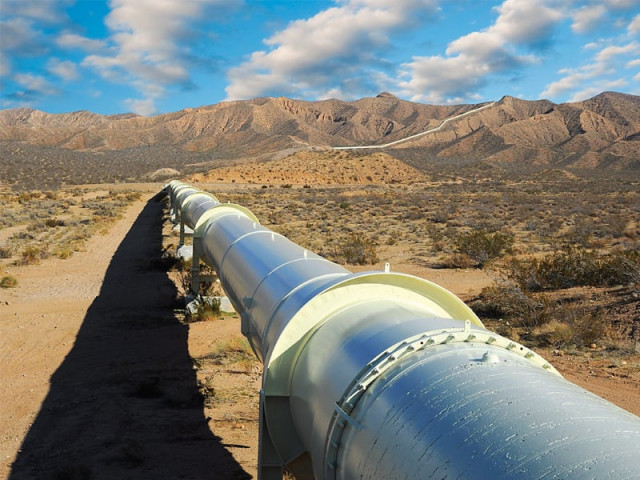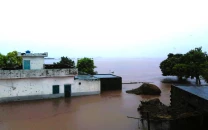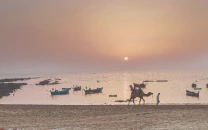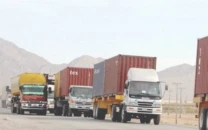Gas pipeline prospects
It is curious big-seller Iran & big-buyer India are both worried about Pakistan to build pipeline & protect it.

Neither Iran nor Pakistan are completely reliable when it comes to making pledges, Iran being hampered by internal political bickering and Pakistan rendered helpless by internal disorder and lawlessness, especially in the region that the pipeline would pass through. To begin with, India was part of the deal for Iranian gas: in fact, Iran was aiming to sell to the biggest buyer in South Asia, not so much Pakistan. India did not have a very good record of dealing with the ever-changing policies in Tehran but it has discovered that its alternative, the Turkmen-Afghanistan-Pakistan-India pipeline (TAPI), backed by America, is equally uncertain.
Therefore, in May 2010, New Delhi approached Tehran to resume talks but reiterated its issues with Pakistan, demanding safeguards within the contract to ensure the gas reached India. In 2011, Iran’s nuclear activities triggered a fresh round of sanctions but India and Pakistan have showed no signs of backing down. There is another aspect to the pipeline politics that is worth looking at: Pakistan has helped bring in China as the big buyer that Iran needs at the other end of the pipeline. After hitting Pakistan along the Mekran coast, the pipeline will go northwards and into Chinese Xinjiang. China may be wary of offending its largest trading partner America by coming out openly as a financier of IP but it can help in many other ways. In the end, India and China may both want a share of the Iranian gas; and that may have softened some opposition in Tehran to the entire project.

Sanctions scare states most able to dish out money and technology. China has stayed away; Russia came in tentatively, then backed off when a ‘realist’ faction in Moscow reassessed the damage Russia will have to sustain from sanctions imposed jointly by the EU and America. Pakistan has already been threatened with sanctions by US Secretary of State Hillary Clinton. Some articles of the India-American nuclear agreement mention conditionalities attached to India’s relationship with Iran but India is far better placed than China and Russia to resist the pressure, go along with Pakistan and get the gas from Iran. Both Pakistan and India, in dire need of energy together with Bangladesh, are increasingly sceptical of ever getting the America-backed TAPI pipeline.
If TAPI is at risk from disorder from the two transit states — Afghanistan and Pakistan — IP is threatened by Pakistan’s fast-eroding internal sovereignty. The pipeline project has already been shifted to the Mekran coast in Balochistan from Khuzdar where no one is safe after journalists have been killed and police officials have been forced to desert. It is almost certain that along the Mekran coast, too, the pipeline will come under attack from Baloch insurgents whose most virulent variety, in fact, comes from the southern part of the province. Over the years, they have developed expertise in blowing up gas pipelines. How Pakistan will react to sanctions by the US and the EU is uncertain as is the response from China after they are imposed.
Yet, Pakistan must remain steadfast in getting the Iranian gas. It will change the way Iran thinks about the region to its eastward side after it becomes more engaged economically with South Asia. On the other hand, this gas will be a factor of integration of the economies of South Asia, destined to seek piped energy from Iran and Central Asia. It is curious that the big-seller Iran and the big-buyer India are both worried about the capacity of Pakistan to build the pipeline and protect it against terrorist attacks after it has been built.
Published in The Express Tribune, November 27th, 2012.



















COMMENTS
Comments are moderated and generally will be posted if they are on-topic and not abusive.
For more information, please see our Comments FAQ